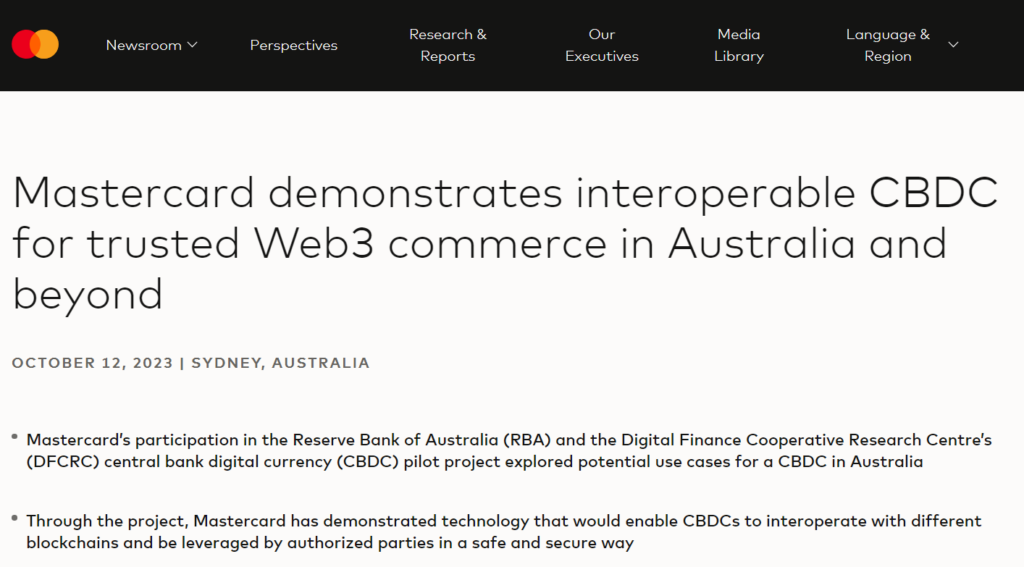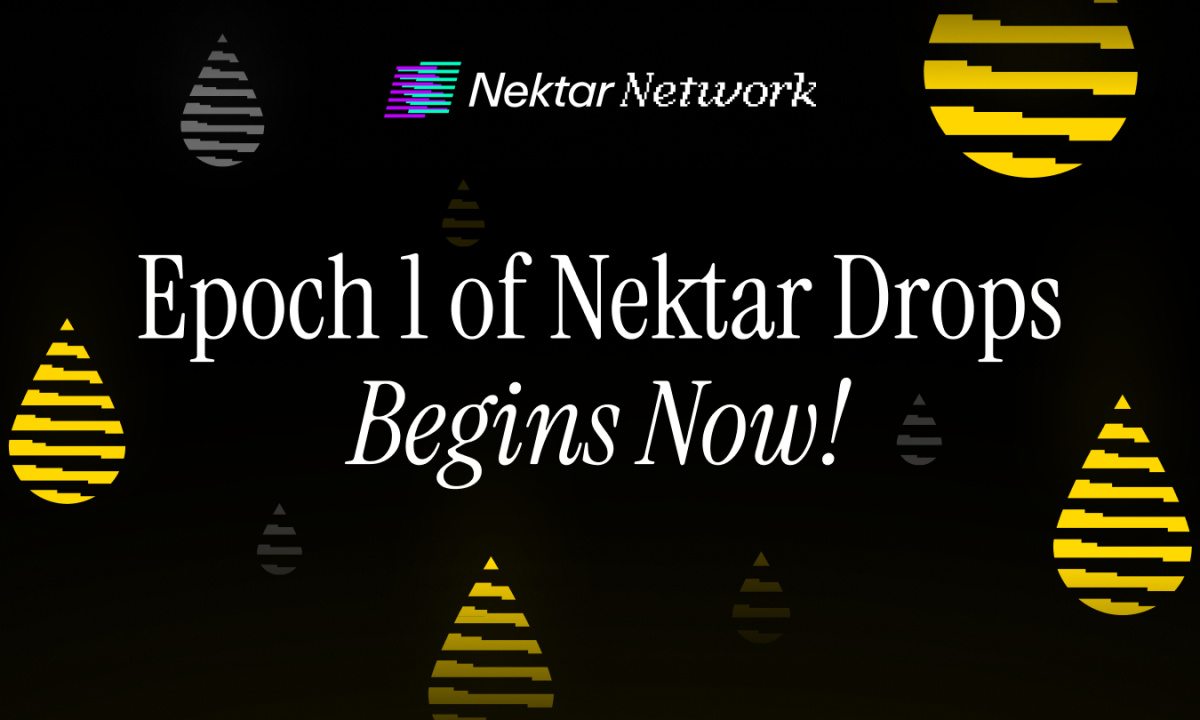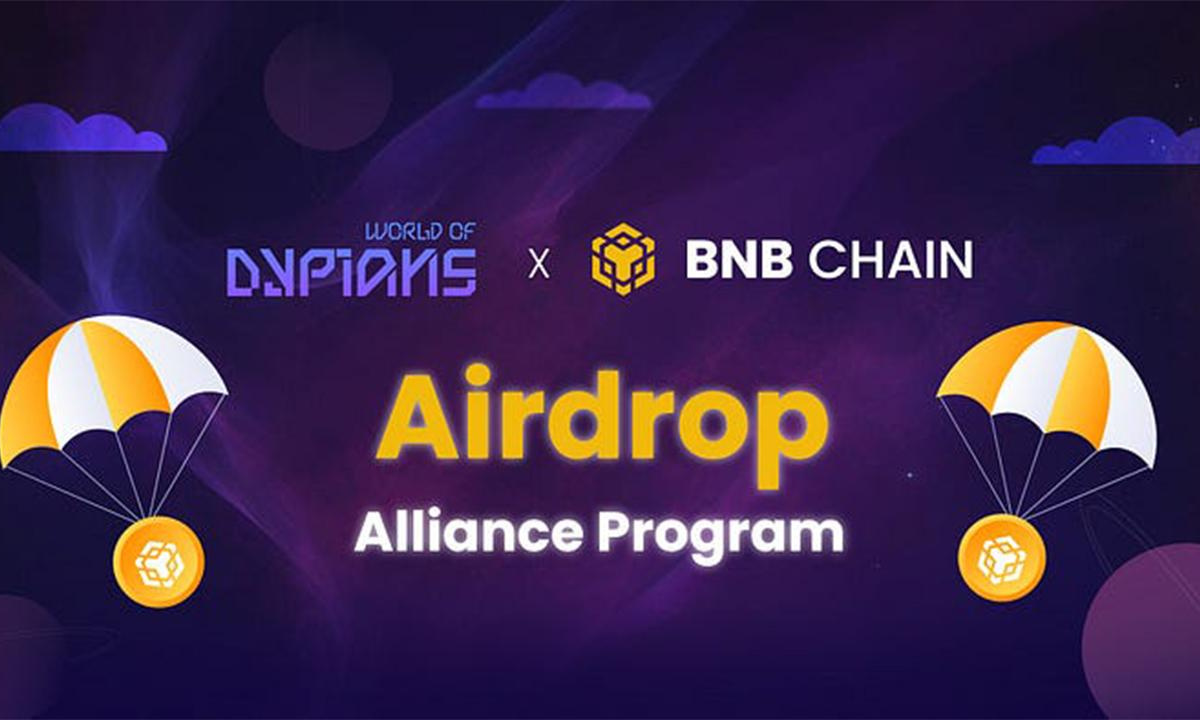Mastercard demonstrated that CBDCs interoperate with trusted Web3 commerce.
Key Points:
- Through its involvement in the central bank digital currency (CBDC) pilot project run by the Reserve Bank of Australia (RBA) and the Digital Finance Cooperative Research Centre (DFCRC), Mastercard investigated possible applications that CBDCs interoperate with trusted Web3 commerce in Australia.
- Through the experiment, Mastercard has shown off technologies that would let CBDCs interoperate with trusted Web3 commerce or blockchains and be used by authorized parties in a secure and safe manner.
As with wrapped Bitcoin (wBTC) and wrapped Ether (wETH), Mastercard has completed an experiment that CBDCs interoperate with trusted Web3 commerce and blockchains.

Mastercard’s Innovative Solution for Tokenizing CBDCs

Mastercard has introduced an innovative solution to enhance the cryptocurrency landscape. This solution allows for the CBDCs interoperate with trusted Web3 commerces on various blockchain platforms, enabling secure cross-blockchain commerce.
Working with Cuscal and Mintable, Mastercard collaborated with the Reserve Bank of Australia (RBA) and the Digital Finance Cooperative Research Centre (DFCRC) to explore CBDC applications in Australia. Strict controls are in place to ensure that only authorized entities can access and use the pilot CBDCs. These entities undergo thorough Know Your Customer (KYC) verification and risk assessment.
Mastercard’s Solution Enables Purchase of NFTs Using Pilot CBDC

In a live demonstration, Mastercard showed how the solution enables the purchase of non-fungible tokens (NFTs) on the Ethereum blockchain using a pilot CBDC. The transaction involves locking the CBDC on the RBA’s platform and minting equivalent tokens on the Ethereum blockchain. This accomplishment utilizes the Mastercard Multi Token Network, which provides standardized verification processes and infrastructure for secure blockchain interactions. It emphasizes interoperability and offers a range of capabilities across payment tokens and networks.
Mastercard aims to expand blockchain technology adoption across payment use cases through the Multi Token Network, currently in beta testing with select financial institutions globally. The RBA’s CBDC pilot project, in collaboration with the DFCRC, explores CBDC applications in Australia. It involves issuing a limited-scale pilot CBDC to showcase innovative payment and settlement services for households and businesses. For more information, visit the DFCRC website.
DISCLAIMER: The information on this website is provided as general market commentary and does not constitute investment advice. We encourage you to do your own research before investing.



















